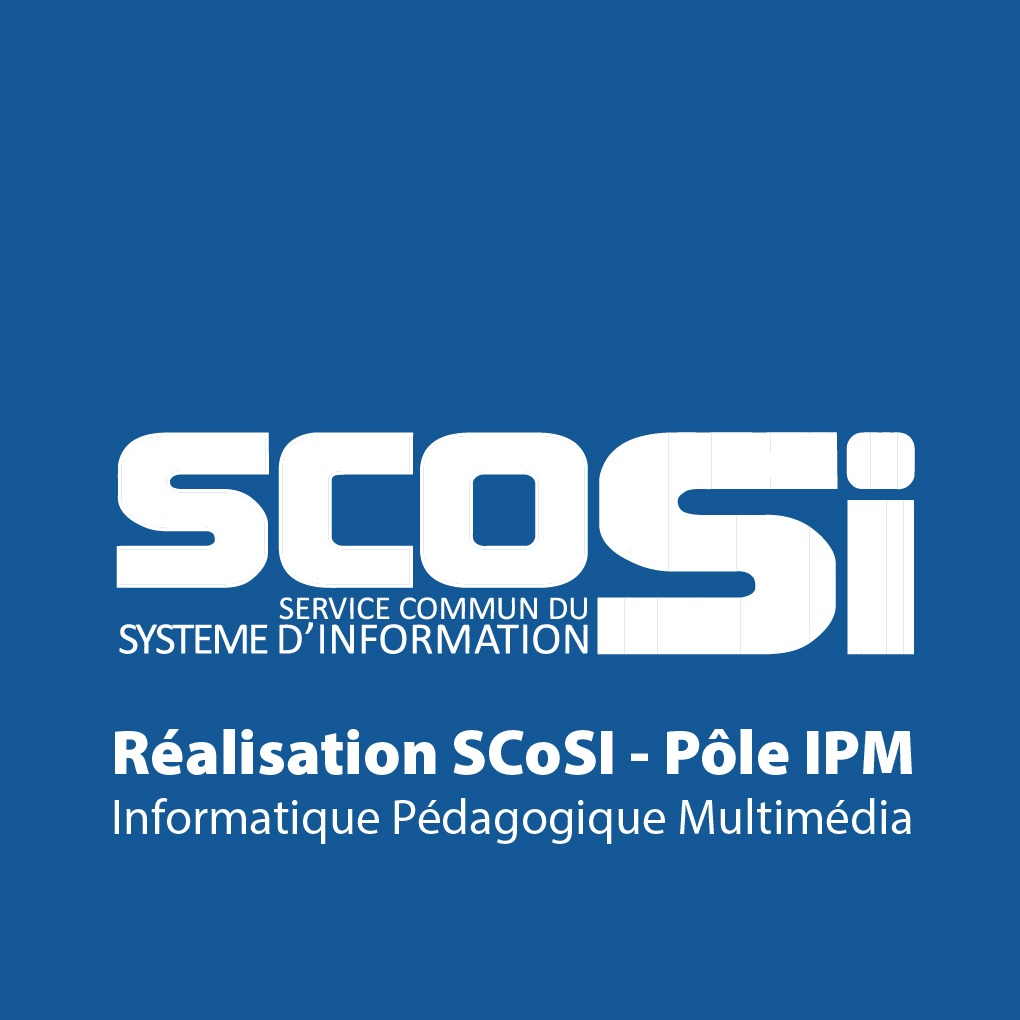Emergence of new agri-food models
In response to the various economic, social and health crises that have arisen since the end of the twentieth century, the agricultural, processing and distribution sectors have to face social, environmental and economic challenges. The whole value chain of food systems is being affected, from consumers to citizens, businesses, farmers, associations and decision-makers. This evolution is taking place within a context in which, on the one hand, consumers are becoming more and more demanding in terms of quality, safety, tracability and sustainability of products, but also in terms of price. On the other hand, farms and agri-food companies are actively seeking to improve competitiveness and profitability while at the same time minimizing their negative impact on the natural environment. In view of these often conflicting demands, new behaviors, actions and innovations are emerging and involving farmers, processing and distribution chains, public actors and citizens. Food systems are thus evolving towards greater sustainability.
The implementation of successful agro-ecological practices requires the establishment of coordinating procedures for actors along supply chains, changes in consulting practices, but also changes in logistical and marketing practices. The growing consumer demand for local food contributes to the reorganization of distribution networks towards short circuits, and leads to changes in the professions of farmers, who are becoming re-sellers by creating common platforms or sales outlets. The actors of these new niche initiatives coexist with the conventional sectors, while seeking to disseminate new and more sustainable models of food system in a context of transition and articulation between agriculture, food, health and environment.
Another example, the reterritorialization of agriculture in cities, driven by entrepreneurs, who are often not coming from the agricultural community, by citizens, associations or communities, is a source of sustainable business models and social, organizational or technological innovations, be they high-tech or low-tech. These examples, which take place at all territorial spatial levels, show, in line with research in economics and sociology of innovation, that any innovation, be it technological and/or organizational and/or social, involves an interactive, uncertain, cumulative and very specific process. In this perspective, they invite researchers to adopt multidisciplinary perspectives (agronomy, genetics, technology, economics, sociology, management), by taking into account the social as well as the technical dimension of innovations.
written by
Véronique SAINT-GES (INRAE, UMR SADAPT)
Corinne TANGUY (CESAER AgroSup Dijon)
Delphine THIVET (Centre Emile Durkheim, UMR 5116 Université de Bordeaux)
Pour en savoir plus :
 |
|
 |
|



